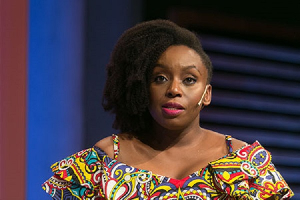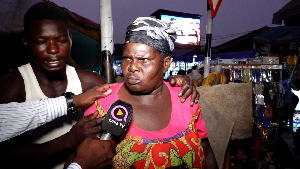Accra, June 19, GNA - The problem of waste management in the Accra metropolis, could be turned into a source of wealth and employment creation, through carefully planned projects.
This was stated by the Chairman of the Odododiodioo constituency of the National Democratic Congress (NDC), Mr Daniel Nii Okai, in an interview with the Ghana News Agency (GNA) at the weekend, in Accra.
He said for this to be possible, there must be a systematic and sustained education of the people in waste management practices coupled with a well planned programme of refuse collection and processing in the city.
Mr Okai, who is also a member of the Accra Metropolitan Assembly (AMA), said to help solve the waste management problem confronting the city, provision must be made for well identified refuse collection bins for the various forms of garbage generated in the city.
He said there must be special containers for plastics and rubber products, paper, bottles and organic waste at all refuse collection points.
Mr Okai said the identification would help in easy handling of waste, adding that,waste such as paper, bottles, plastics and rubber products could be recycled, while organic waste could be processed into manure, as well as, generating electricity.
Such a project, he said could create jobs for the teeming unemployed youth roaming the streets of the capital and also promote economic and industrial activities.
Mr Okai said it would also solve the problem of scarcity of landfill sites, which lead to the piling up of refuse in the city, causing epidemics such as cholera and malaria.
He noted that, for such a programme to be successful, there was the need for a sustained educational campaign on the separation of waste, to make it part of their waste disposal culture.
Mr Okai stressed the important role the AMA, the National Commission on Civic Education, the Information Services Department, churches and religious organisations, market women and traders, as well as social groups and educational institutions would have to play in the public campaign, to make the people embrace the programme.
General News of Sunday, 19 June 2011
Source: GNA












